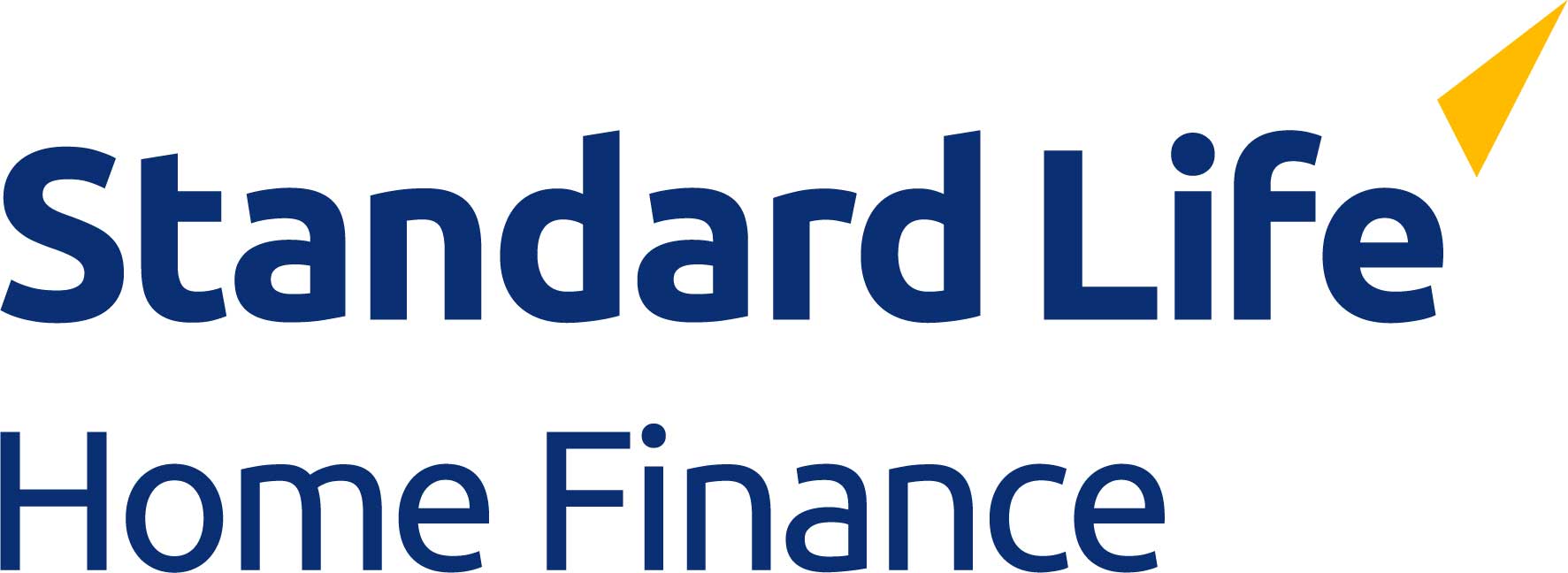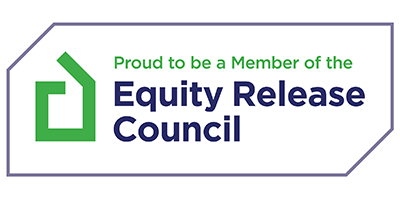What is Equity Release?
Equity release is the process of unlocking part of the value of your home and turning it into cash.
Whether you want to pay off debt, fund home improvements, support your family or go on that holiday you've always dreamed about, the money is there to use as you'd like.
How does Equity Release work?
If you're 55 or over you could be able to release equity using a lifetime mortgage, which is a loan taken out against your home. You continue to own your home and you can stay living in it for as long as you like. The loan is then repaid from the sale of your property when you die or enter long term care.
That's why you should speak to an equity release adviser before you make a decision. They will take the time to understand your financial situation, tell you whether it's right for you and recommend equity release products that are a good fit for your needs.

How much equity could I release from my home?
The maximum amount of equity you can release primarily depends on your age and the value of your home.
Our free UK equity release calculator will give you an idea of how much tax-free cash could be unlocked from your home. It takes less than a minute to fill in a few details and you can immediately see an estimate of the amount that you could release.
Please note, amounts will vary depending on individual circumstances.
Maximum loan amount:
By providing your details you are giving us consent to contact you with equity release information. Read the OneFamily Privacy Notice.
The loan amount above will need to pay off any existing mortgage secured against the same property.
Important: The loan amounts above are an illustration of the amount you could borrow. The actual amount may vary depending on your individual circumstances. The figures are not guaranteed and do not constitute an offer to lend.
How do I release equity?
In order to release equity from your property, you'll need to speak with an equity release adviser.
Introducing OneFamily Advice
Our specialist advisers will ensure that you clearly understand the implications of equity release, and take the time to understand your individual circumstances before making their recommendations. They don't work on commission, so they only have your best interests at heart.

Here's what makes OneFamily Advice different
We provide advice for a fixed fee of £950, paid on completion, no matter the size of the loan.
Other providers often charge a percentage of the loan, meaning it’s not always obvious how much you’ll end up paying. Find out more and see how we compare.
Our advisers search the whole market and assess every available lifetime mortgage.
Our lifetime mortgage advice service can save you a great deal of time and money as we'll research all available providers and only recommend the best value product that is most suited to your needs.
With no pressure to commit, our friendly advisers can answer any questions you may have.
They can help you understand how equity release works, whether you're eligible and how a lifetime mortgage could work for you.









Speak to OneFamily Advice today
Talk to us about how a lifetime mortgage works and ask one of our specialist advisers any questions you might have.
In your free initial chat, your adviser will check you meet the basic criteria for a lifetime mortgage. They will then ask some questions to understand your current circumstances, should you wish to proceed.
or call 0800 144 8244*
*Lines are open Monday to Friday 9am to 5.30pm and Saturday 10am to 2pm. Calls may be recorded and monitored for training purposes. Calls to freephone numbers are free from UK landlines and personal mobile phones. With business mobiles the cost will depend on your phone provider. If you'd like to know more, please ask your provider.

Frequently asked questions about equity release
Costs surrounding the equity release process will vary, depending on your circumstances. Typical costs you may be required to pay include legal fees, valuation fees, arrangement fees and a fee to the adviser on completion. Some advisers charge a percentage of the equity released for their fee.
At OneFamily Advice, our advisers charge a fixed fee of £950 upon completion, giving you peace of mind without the need to worry about additional expenses.
View video transcript
We're members of the Equity Release Council
All our advisers are members of the Equity Release Council and following strict guidelines, so you will be in safe hands. We will never suggest equity release, unless it’s right for you.
To find out more, please visit their website at www.equityreleasecouncil.com

